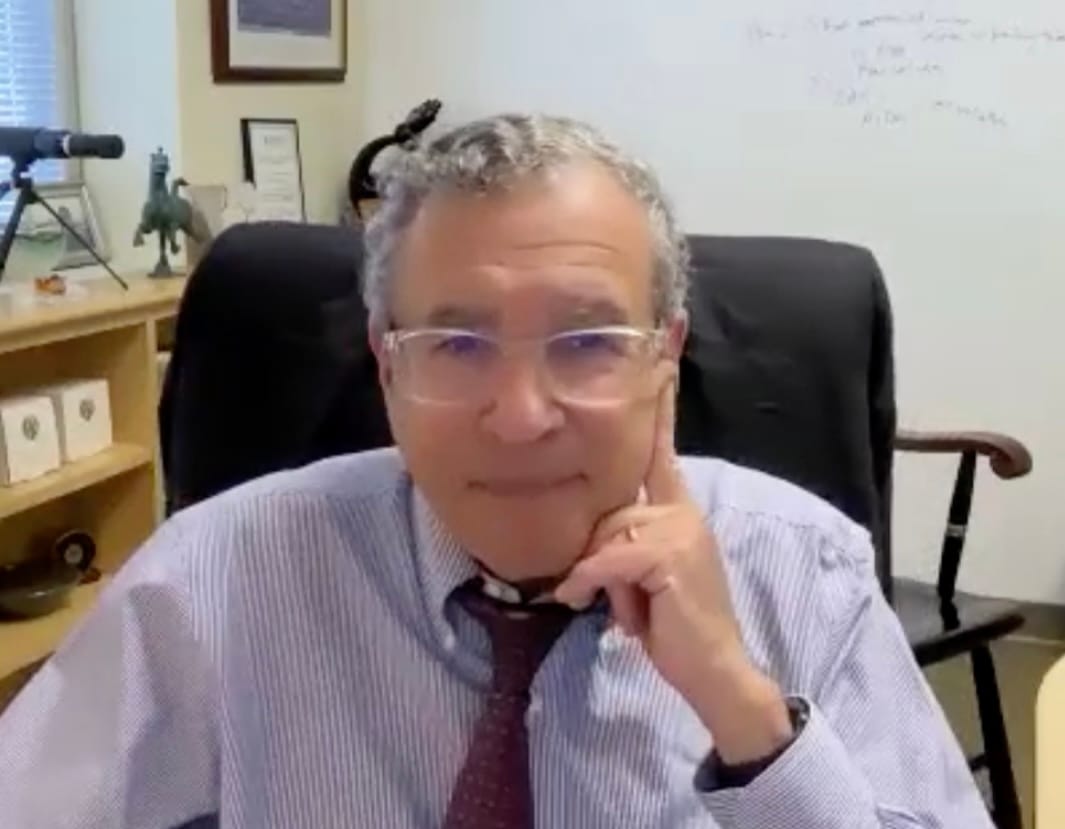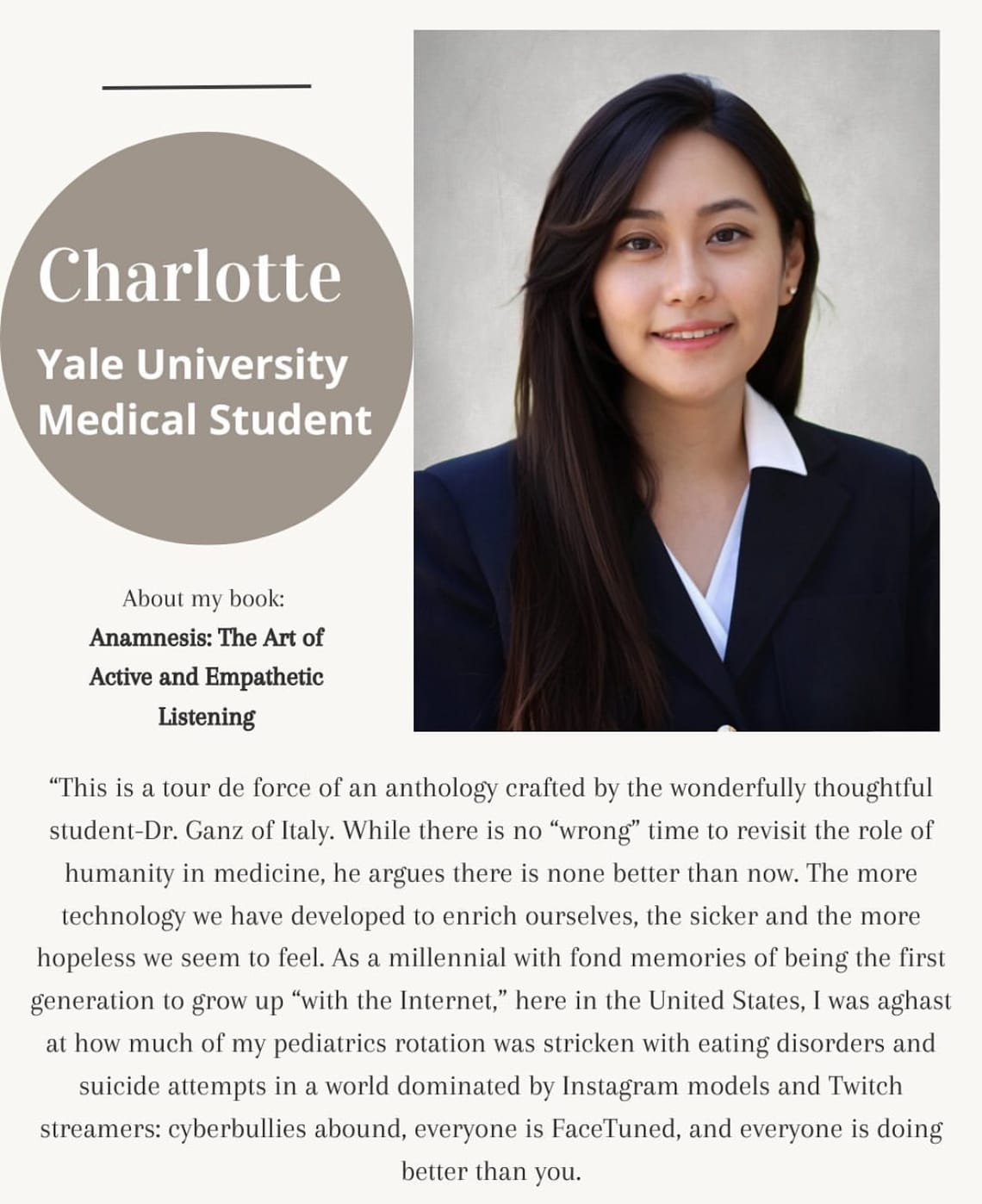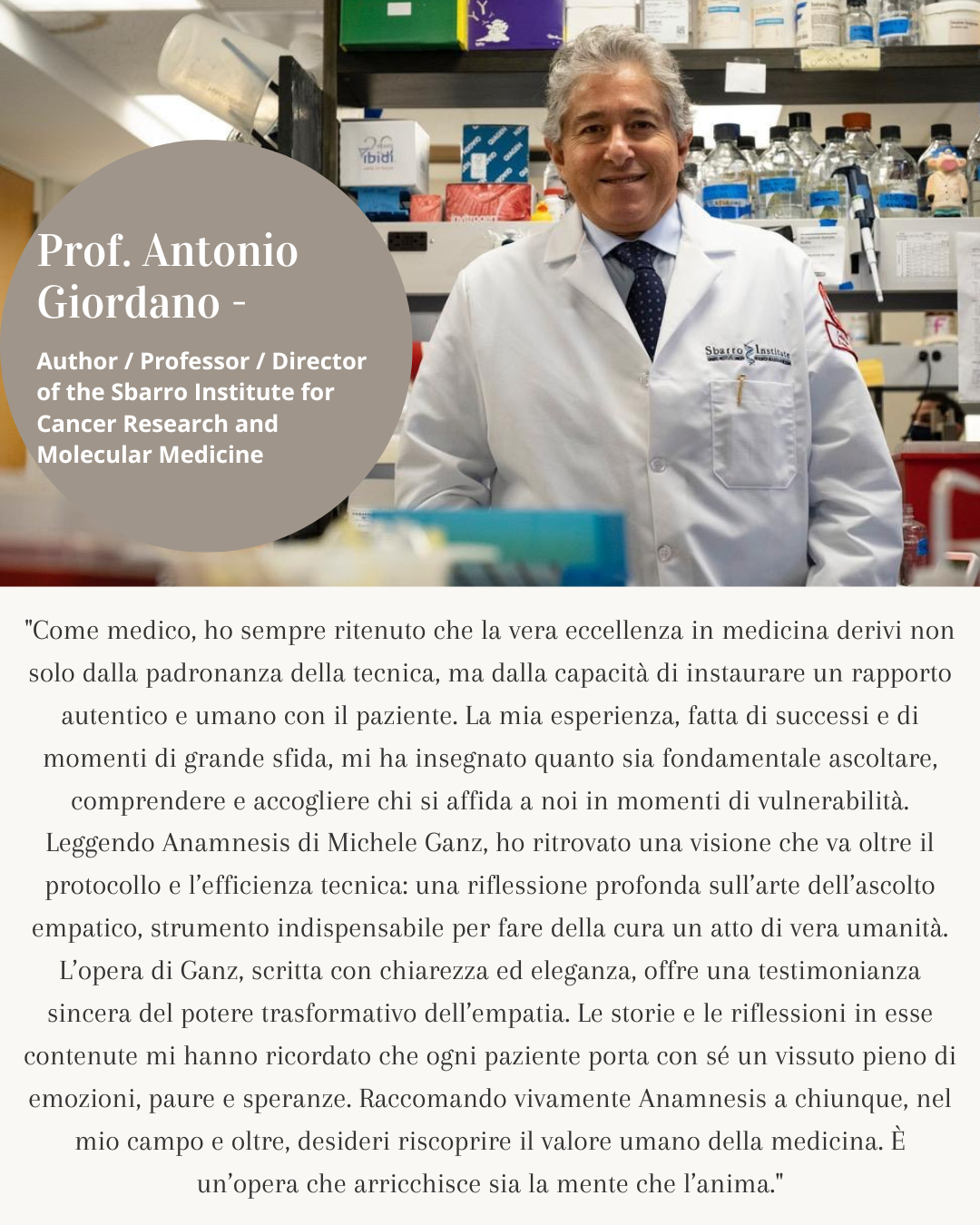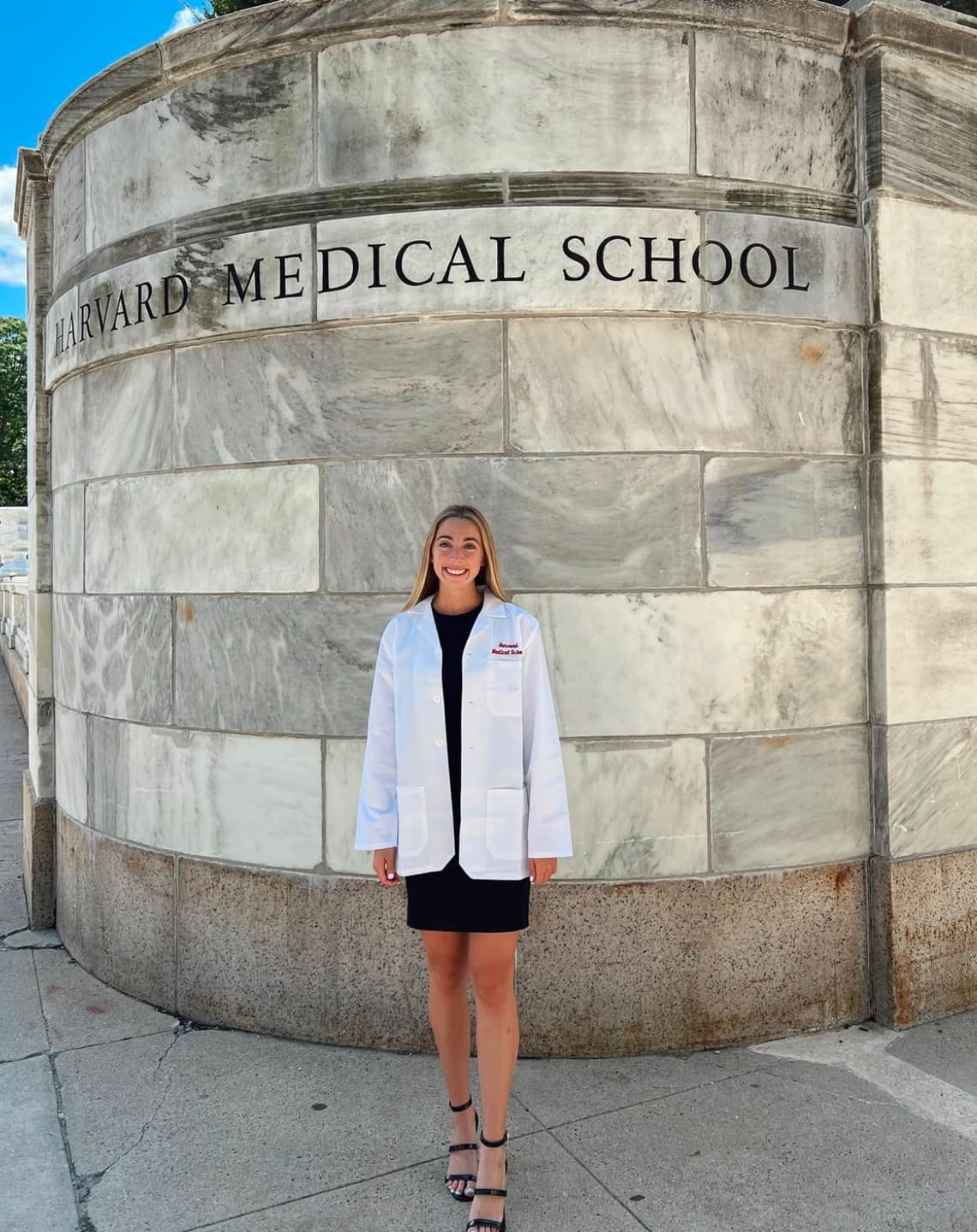Edgerly Professor of Neurology and Immunobiology
Chairman, Department of Neurology
Yale School of Medicine
New Haven, (CT) USA
"I Remember Jane"
I remember Jane, a young woman who came to me for a diagnosis. Jane worked at a very powerful and prestigious law firm in Boston. After diagnosing her with multiple sclerosis, we didn't have the highly effective monoclonal antibodies available at the time, so we opted for immunotherapy with cyclophosphamide, a form of chemotherapy. This treatment regimen was quite intense and caused hair loss, but it proved incredibly effective. Jane underwent this therapy for five years, during which the progression of her disease was essentially halted. Three years ago, she surprised everyone by running a marathon and has continued to thrive since then.
At about 60 years old, roughly my age, she recently confided in me that she had never disclosed her physical condition to anyone at work. She believed that revealing her diagnosis would hinder her chances of becoming a partner. Despite the treatment causing noticeable changes like hair loss, her colleagues were completely unaware of her health and illness.
During our conversation, she expressed her gratitude and invited me to her upcoming retirement party, where she plans to introduce me as the second most important man in her life after her husband, highlighting the crucial role I played in her journey, then jokingly blaming her colleagues for knowing nothing about her illness and struggles.
This encounter with Jane underscores the complexity of delivering a diagnosis and sharing personal health information. Ultimately, it is up to the individual to decide whether to disclose such information, and many factors must be considered. On the other hand, as clinicians, beyond providing medical care, it is essential to offer targeted and effective guidance to navigate the abundance of misinformation on the Internet and support patients in making informed and correct decisions about their health and privacy.
One disadvantage of modern medicine is the shift from interacting with patients through keyboards and computers rather than in person. For me, the essence of patient interaction lies in establishing a connection. Rather than immediately focusing on the 'chief complaint,' I prefer to start by asking patients to share something about themselves, their family, their life story. Taking a few minutes to understand who they are beyond their medical condition, thus setting a tone of care and genuine interest.
I firmly believe that patients should feel that their doctor truly cares about them as individuals, not just as cases to be treated. Building a relationship, however brief, is crucial to making patients feel valued and heard. This approach has been consistent throughout my career, from my time as a medical student to my current role as a physician, university professor, and chairman of the neurology department. It is the foundation of every interaction I have with a patient.
Gathering a patient's medical history is truly an art. It involves striking a delicate balance between actively listening to the patient's story and gently guiding them to provide the necessary information within the constraints of time and clinical needs.
In the context of a packed appointment schedule, especially in healthcare systems like the United States where doctors often have back-to-back appointments, efficiently gathering relevant information is essential for accurate diagnosis and treatment. Some patients can succinctly convey their symptoms and medical history, simplifying the process. However, others may wander into various digressions, requiring gentle redirection to ensure that the essential details are captured.
This ability to actively listen and tactfully guide the conversation is fundamental to medical practice. It requires not only clinical acumen but also empathy and communication skills to navigate effectively the complexities of each patient encounter. Ultimately, the goal is to gather the necessary information to provide optimal care while respecting the patient's narrative and unique perspective on their health.
Teaching the art of gathering a patient's medical history is a crucial aspect of medical education. At institutions like Harvard, where I trained as a post-doctoral fellow, sessions are dedicated to imparting skills on delivering difficult news with honesty and empathy. When communicating the diagnosis, it is essential to be straightforward while demonstrating compassion and empathy.
Empathy is at the core of effective patient care. It is about conveying to the patient that you genuinely care about their well-being on a personal level. This aspect of care varies in importance for different patients; some may prefer a quick and efficient encounter, while others deeply value a more empathetic approach.
The nature of the illness also influences how information is communicated and the subsequent doctor-patient relationship. Treating a simple condition like carpal tunnel syndrome differs significantly from managing a chronic illness like multiple sclerosis. Long-term relationships with patients often develop over time, spanning decades and transitioning between institutions.
For me, establishing a rapport with patients is of paramount importance. This involves fostering an environment where they feel comfortable sharing concerns and know they can seek support. Providing clear avenues of communication and promptly addressing their needs further strengthens this bond, much like it did for Jane. Ultimately, it is about creating a united relationship in patient care, where patients feel heard, understood, and supported throughout their medical journey and care process.




